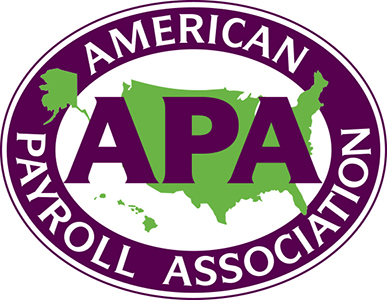In January, New Jersey lawmakers passed legislation to gradually raise the minimum wage from the current estimated $8.85 an hour to $15 an hour. The legislation is slated to steadily raise the wage in $1 increments every year until 2024, when it reaches $15 an hour. By July of 2019, it is expected to increase to $10 an hour. By January 2020, it will increase again to $11 an hour, and continue to progressively increase each year until 2024.
 Who does this affect?
Who does this affect?
This six-year schedule doesn’t necessarily affect all businesses- smaller businesses and businesses with seasonal workers will increase their employees’ wages slower, and over a longer period of time. Therefore, businesses that employ five or less workers will not see an increase to $15 until 2026, and possess a different wage schedule:
- Jan 1, 2020: raise to $10.30
- $0.80 increase every January until 2025
- Jan 1, 2026: will raise $0.70 to $15
Tipped workers, such as restaurant staff, won’t see a raise to $15 at all. Instead, their wages will increase from $2.13 an hour to $5.13 an hour by 2024. Agricultural workers/businesses also won’t presently benefit from a $15 wage. They will only see an increase to $12.50 an hour by 2024, and from that point certain state departments will debate on whether to further increase their wages to $15 an hour.
How can you prepare?
Not every business is the same, but there are some options that could be considered to prepare for the hike in wages. Consider increasing prices as a way to increase cash flow or updating technology by automating certain facets of work (such as payroll). The wage increase will begin this July, so make sure your business is prepared and in compliance with the updated laws.










